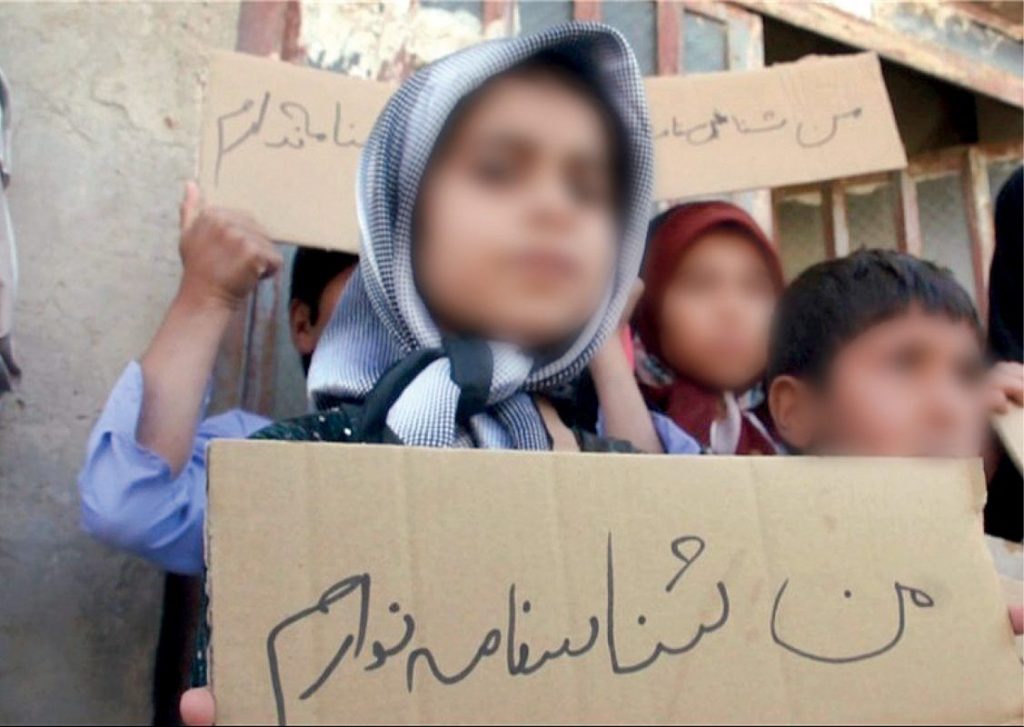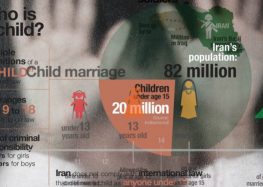Children Born to Non-Iranian Fathers Win Right to File for Citizenship—With a Catch

Amendment Authorizes Intelligence Agencies to Investigate Applicants’ Parents
Legislation granting a citizenship application option to Iranian children born to foreign fathers was approved by the country’s legislative watchdog, the Guardian Council, on October 2, 2019.
Four years in the making, the long-awaited approval came after Parliament agreed to incorporate amendments granting the Intelligence Ministry and Islamic Revolutionary Guard Corps’ (IRGC) Intelligence Organization the authority to carry out background checks on applicants’ parents.
The amendment leaves children and their loved ones subject to increased scrutiny by Iran’s intelligence establishment for seeking a basic right. It also discriminates against Iranian women, since there’s no legal provision for security checks on Iranian men married to foreign women.
“There are currently more than 49,000 children in Iran who do not have birth certificates because it was not possible to transfer citizenship from their mother,” said Ahmad Meydari, the deputy labor minister in charge of public welfare, in January 2019. “There have also been sporadic reports that 150,000 to 1 million children lack birth certificates for miscellaneous reasons.”
“When you are not recognized by the provisions in the Labor Law, it creates a legal and existential vacuum which leads to the worst kinds of poverty,” he added.
Previously, Iranian citizenship was only granted based on paternity, leaving children with foreign fathers without the identification documents that are required to obtain state services.
Children without identification documents in Iran are denied medical treatment and education, and are particularly vulnerable to human trafficking and other forms of abuse.
The new law, submitted to President Hassan Rouhani on October 7, will be enforced after it is published by the government’s official newspaper, Iran.
It will replace legislation passed in 2006 that made children born to foreign fathers eligible for citizenship within a year of turning 18 on the condition that they had no criminal records and renounced their non-Iranian nationality.
Significantly, the new law grants citizenship to children who don’t have Iranian paternity even if their parents’ marriage is not registered in Iran and regardless of the father’s legal status in the country.
Foreign fathers will also now be able to seek legal residency in Iran provided they pass security checks.
The new legislation, first introduced to Parliament in 2015, was ratified by lawmakers on May 13, 2019, and twice returned to Parliament by the Guardian Council before it was approved.
“Children resulting from the marriage of Iranian women and non-Iranian men before and after this law will become citizens of Iran at the request of their mother before reaching the age of 18 on the condition that they do not have security issues, as determined by the Intelligence Ministry and the IRGC’s Intelligence Organization,” the new law states.
Children can also apply independently as adults after the age of 18.
Read this article in Persian.






